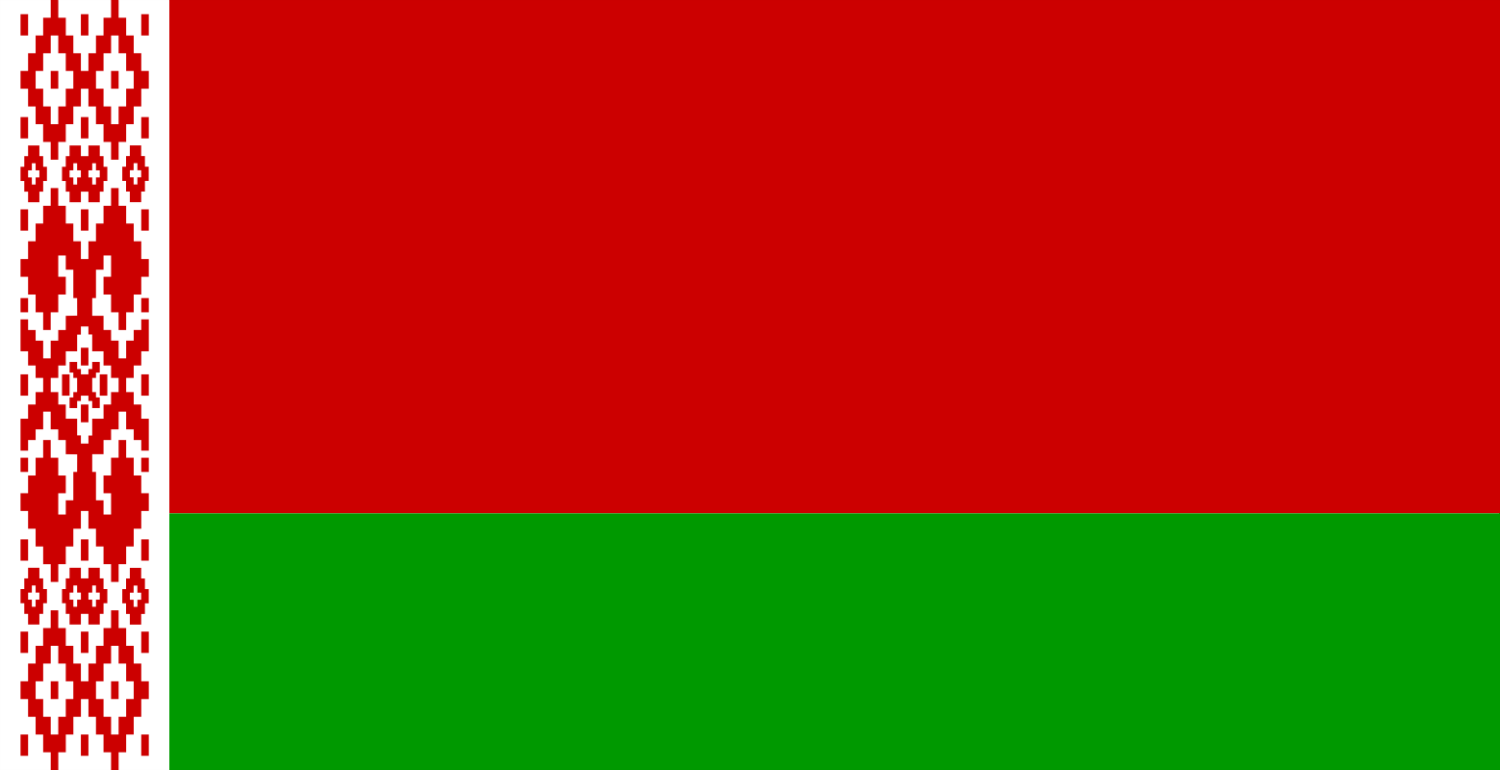The Commission examined Belarus’ political situation under President Lukashenka, who, on the day of the briefing, had locked the diplomatic corps out of their residences. The briefing explored the development of what some call a dictatorship in Belarus after the fall of the Soviet Union that brought Soviet sentiment back into the political scene.
The witnesses – Professor Yury Khadyka and Professor Stanislav Bogdankevich – highlighted the struggle for human rights in Belarus after 1991, when anti-communist rhetoric became a popular national value and during which personal freedom did not was excluded. They also addressed the lack of economic progress under Lukashenko, which goes unnoticed by Western governments.




